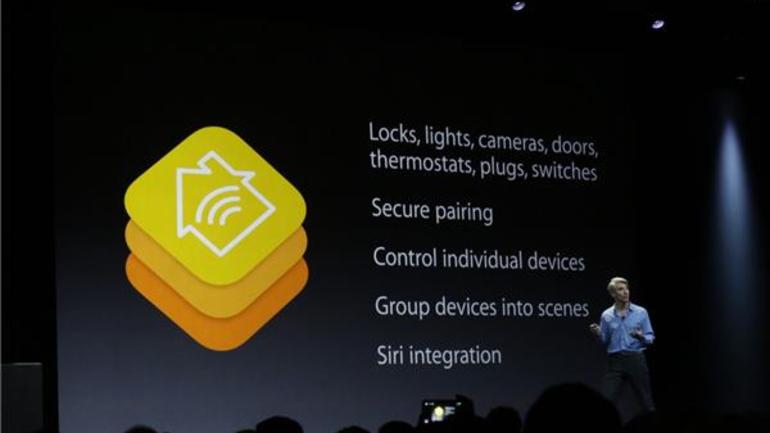The involvement of the world’s largest tech company, Apple, is predicted to be a major driving force behind the sales of smart home products in 2015.
Several key factors are predicted to take smart home sales up a notch in 2015, with 37% of wi-fi connected US consumers planning to buy a smart home device next year, according to figures from a Parks Associate report. As shopping trends from the States inevitably spill over into Europe, we’re likely to see a ripple effect on this side of the Atlantic. Innovations from both Apple and Google are expected to prove particularly influential.
Retailers are prepared to devote shelf space to smart home products
Retailers across the country are expected to respond to demand on customer favourites of 2014, such as Nest thermostats and Phillips Hues connected bulbs. Smart thermometers were the star performers in the first three quarters of 2014 and accounted for 27% of sales, with Google and Honeywell both making an impact. Industry experts also point to the creeping demand for smart security products, with home safety being cited as an important issue amongst consumers.
Consumer awareness of smart homes is growing
The involvement of high-profile companies, particularly Google and Apple, has helped to improve consumer awareness of smart home products. Google’s and Honeywell’s televised adverts brought smart products into the living room for the first time for many. It’s no accident that both sets of adverts were released in the run-up to Christmas. With an undeniable ‘newness’ factor, smart home products are enjoying some success as gift items.
Doug Sweeny, the man tasked with designing the campaign, explained in an interview for Ad Age that he wanted to introduce the idea of the smart home as a “thoughtful home.” He also revealed that the advert took a self-deprecating approach in order to move the product away from science-fiction and into real life. He felt that the features of a smart thermostat are less important than the way that the device can benefit everyday life. This purposeful move away from the hardcore tech sector and towards the mainstream will continue to play a vital part in raising consumer awareness in 2015.
The release of Apple’s HomeKit to be the most influential smart home development of 2015

Photo Credits: www.cnet.com
HomeKit will be a tool for developers that allows them to use IOS to control smart home products. This means that they could develop a lightbulb that can respond to your iPhone, to give a basic example, or develop something like this meat thermometer from iDevices.
Home automation’s target market is professional, affluent and tech-savvy – think of the people who already own iPhones, iPads and Macs. They have the disposable income to spend on the latest technology and the very best creature comforts. Due to their busy professional lives, time-saving devices are particularly valuable. Apple has been able to reach this particular demographic time and time again over the last twenty years, and with their track record on large-scale success, their competitors cannot afford to underestimate their ability to release market leading products.
In addition, because this particular demographic are already invested in Apple’s ecosystem through their phone, tablet and laptops, a smart home that integrates with their existing devices will be an even more attractive prospect. Google’s technology may be on par with Apple’s, but its market presence, particularly when it comes to shop space, is several years behind.
Are you looking for a company to handle your smart home installation in London? At KAV London we work with the very best in high end and luxury products to deliver an unparalleled home automation solution, whatever your needs.